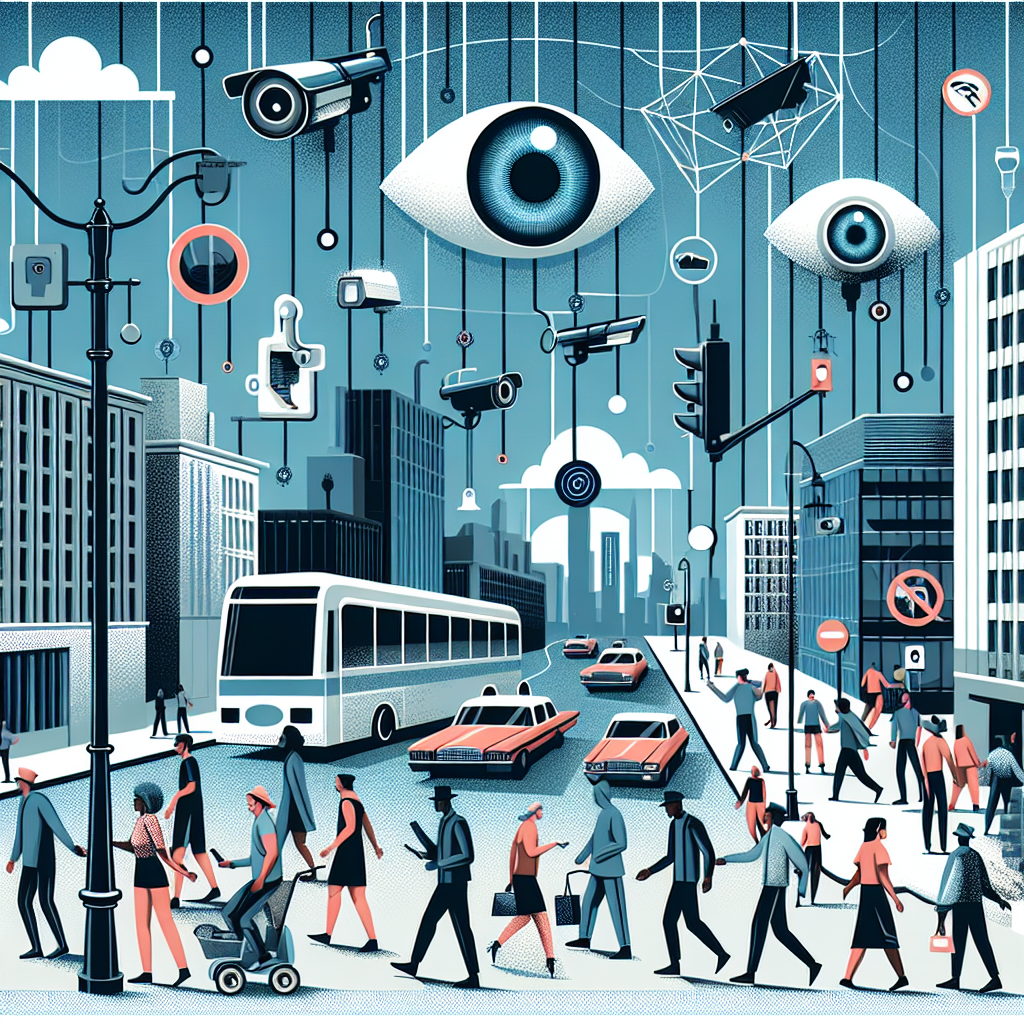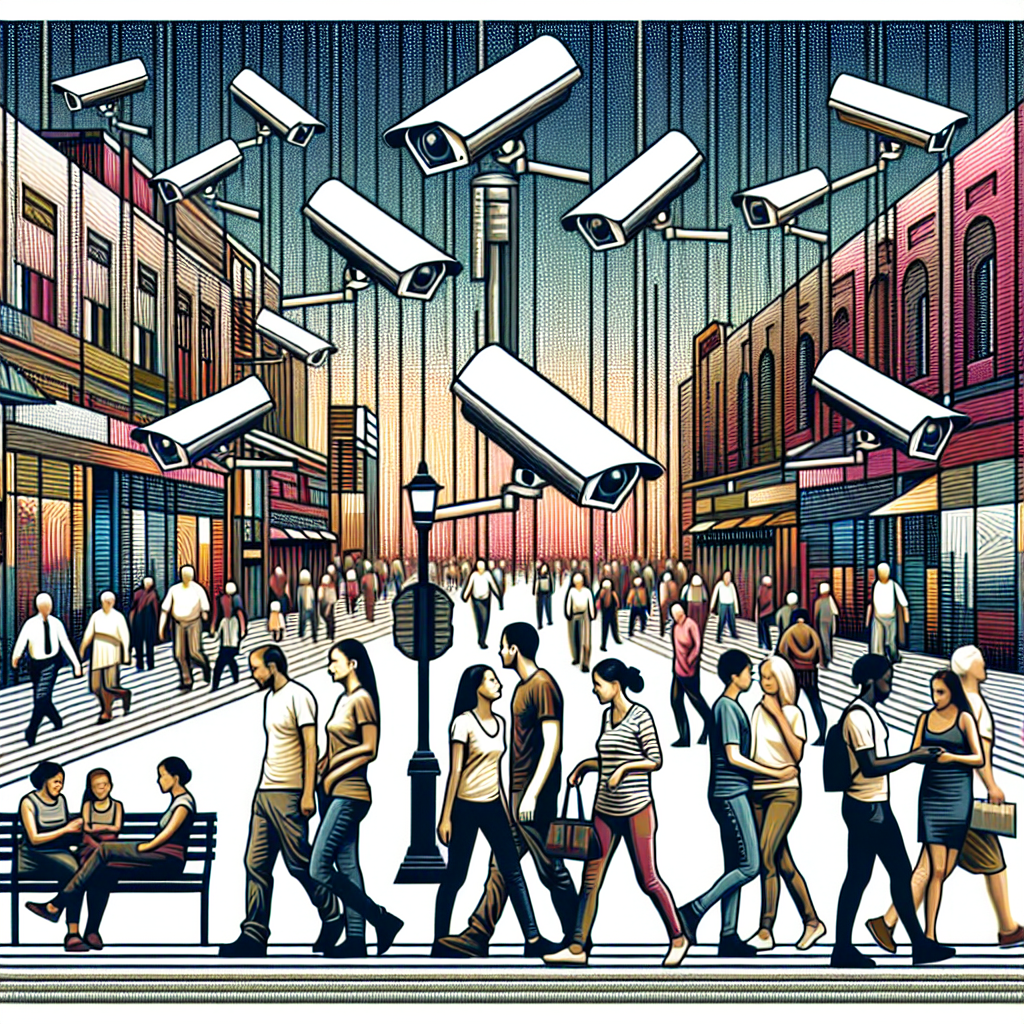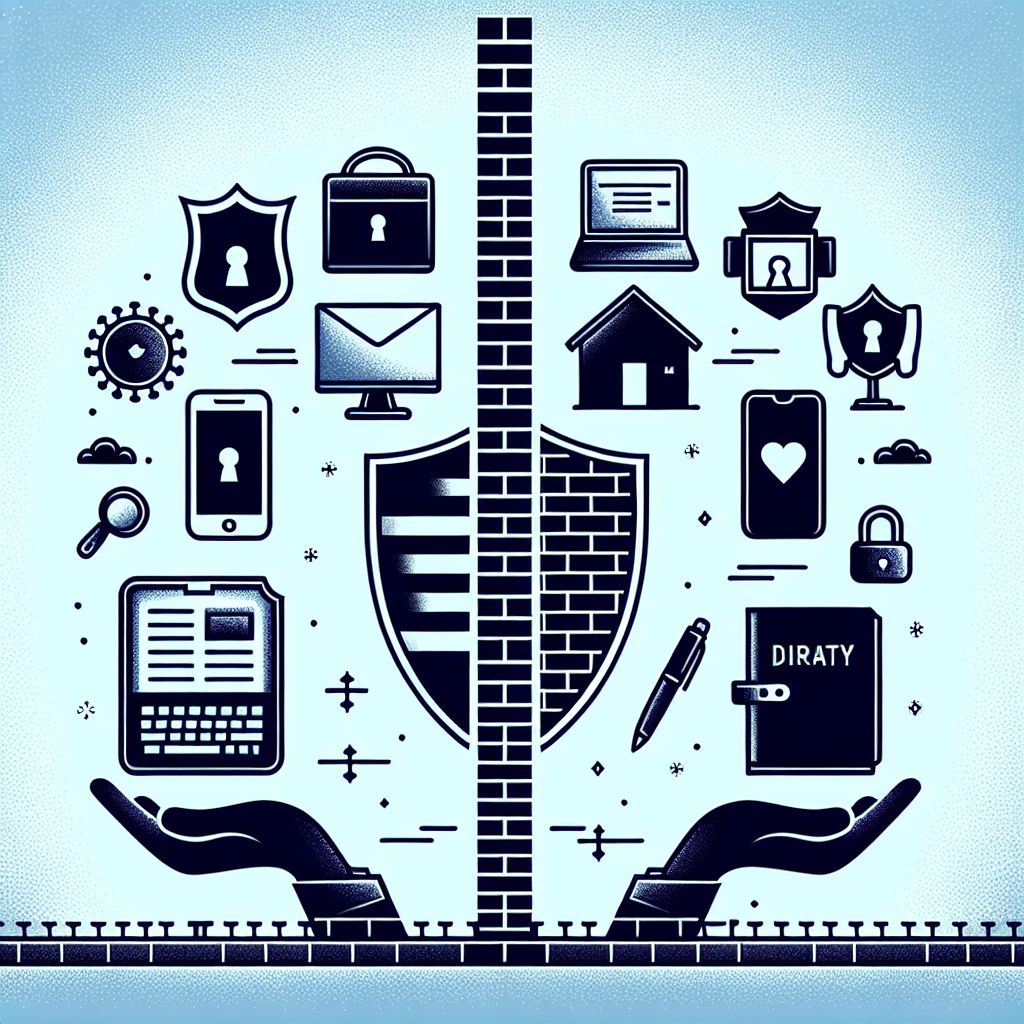Understanding Government Surveillance: Its Effects on Daily Life
1. Definition of Government Surveillance
Government surveillance refers to the monitoring and collection of data by government entities to ensure national security, law enforcement, and public safety. This can involve various methods, including internet monitoring, CCTV cameras, phone tapping, and data collection through various technologies.
2. Ubiquity of Surveillance Technologies
In modern society, surveillance technologies are omnipresent. From smartphones to social media platforms, every interaction can potentially be scrutinized. The use of applications like Google Maps and navigation services means your movements are tracked, even if you don’t actively share your location.
3. Impact on Privacy Expectations
With government surveillance becoming more prevalent, individuals have altered their expectations of privacy. The knowledge that their actions can be monitored often leads to self-censorship. Many individuals feel they must adjust their behavior online, fearing government oversight might lead to repercussions for lawful activities.
4. Behavioral Changes Due to Surveillance
Research has indicated that surveillance can lead to changes in behavior—known as the “chilling effect.” People may avoid participating in protests, expressing controversial opinions, or engaging in discussions about sensitive topics, fearing government monitoring could lead to legal or social repercussions. This alteration can diminish democratic engagement and free speech.
5. Everyday Interactions and Surveillance
The impact of government surveillance infiltrates everyday activities. For instance, in many urban areas, CCTV cameras are strategically placed, which can deter crime but simultaneously create an environment where individuals feel constantly observed. This ongoing awareness can subtly shift behaviors — from minimizing public conversations to choosing not to take certain routes.
6. Social Media and Data Privacy
Social media platforms particularly exemplify the tension between personal privacy and governmental surveillance efforts. User-generated content can be accessed and analyzed by government bodies. News stories concerning Facebook and other social media companies reveal that personal data is often shared with government entities under specific regulations, raising concerns about the involuntary sharing of personal information.
7. Surveillance of Communications
Government agencies often engage in the surveillance of communications, including phone calls and emails. Programs like PRISM and the NSA’s activities have highlighted how even encrypted communications can be vulnerable to surveillance. Consequently, individuals may feel hesitant to communicate openly, fearing their conversations are not private.
8. The Role of Legislation
Legislation plays a crucial role in defining the extent and limitations of government surveillance capabilities. In many countries, laws such as the USA PATRIOT Act have expanded surveillance powers, causing considerable debate over balancing national security needs with individual privacy rights. Awareness and understanding of these laws can empower citizens to advocate for better protections.
9. Economic Implications of Surveillance
Surveillance can also have economic implications. Companies that prioritize user privacy may lose out to competitors willing to share data or bend privacy laws. Consumers increasingly seek privacy-conscious options, influencing market trends and product development efforts.
10. Trust in Government
The level of surveillance impacts public trust in government institutions. High levels of monitoring can lead to skepticism regarding government motives, fostering a divide between the public and officials. When citizens believe they are being surveilled without cause, resentment towards authorities can grow, complicating civic relationships.
11. Education and Youth Perspective
In educational settings, surveillance technologies such as campus monitoring systems can inhibit student expression. The younger generation, more accustomed to online communication, might limit their discussions on educational platforms out of fear that their contributions are surveilled by authorities. In this context, the role of schools in protecting students’ rights becomes increasingly important.
12. The Effects on Marginalized Communities
Surveillance disproportionately impacts marginalized communities, resulting in feelings of alienation and fear. Increased law enforcement in certain neighborhoods creates an environment where individuals feel targeted rather than protected. This can perpetuate cycles of distrust and social disconnection.
13. Global Perspectives and Variations
In different countries, the approach to government surveillance varies widely. Countries with authoritarian regimes may utilize surveillance as a means of oppression, while democratic societies often grapple with regulations to ensure a balance between security and personal freedoms. The global variability in tracking practices presents unique challenges and discussions for those concerned about privacy.
14. Technology and Evolving Surveillance
Advancements in technology continue to enhance government surveillance capabilities. Facial recognition technologies, drones, and big data analytics evolve continually, raising ethical questions. The capacity to monitor individuals surreptitiously illustrates the significant potential for abuse, prompting calls for stricter regulations.
15. Security vs. Privacy Debate
The ongoing debate between security and privacy highlights the societal rift on government surveillance. Proponents argue that surveillance augments national security, while opponents assert it results in the erosion of civil liberties. This dichotomy shapes public discourse around privacy rights and influences policy development.
16. Awareness and Activism
Understanding how government surveillance impacts daily life has sparked heightened awareness and activism. Privacy advocates work tirelessly to promote legislative change and educate the public on their rights. Initiatives to demand transparency from governments signal a growing recognition of the need to protect individual privacy.
17. Future Considerations
As surveillance technologies evolve, so too will their implications. Society must continually assess and adapt, focusing on safeguarding civil liberties while addressing security concerns. The interplay between technology, legislation, and personal freedom will remain a central theme in discussions around government surveillance.
18. Coping Strategies
Individuals can adopt strategies to cope with the implications of government surveillance. Utilizing privacy tools like VPNs, encrypted messaging apps, and understanding data privacy rights are essential steps in protecting personal information. Additionally, remaining informed about legislative changes allows individuals to advocate for their privacy proactively.
19. The Role of Media in Surveillance Awareness
Media plays a significant role in shaping public perception of surveillance. Investigative journalism has uncovered various government surveillance practices, increasing transparency and public discourse. By examining the effects through diverse narratives, media can highlight the challenges and consequences faced by society.
20. Collaborative Approaches to Address Surveillance
Community engagement can foster collective solutions to combat invasive surveillance practices. Citizen-led initiatives help educate others about potential rights violations, promoting civic responsibility and community activism. These movements can effectively influence local and national dialogues on surveillance policies.
By examining the multifaceted impact of government surveillance on daily life, it is evident that the implications stretch far beyond mere observation; they touch upon core principles of autonomy, freedom, and democratic engagement. Understanding this complex relationship is vital in fostering informed discourse around technology, privacy, and governance.













Leave a Reply